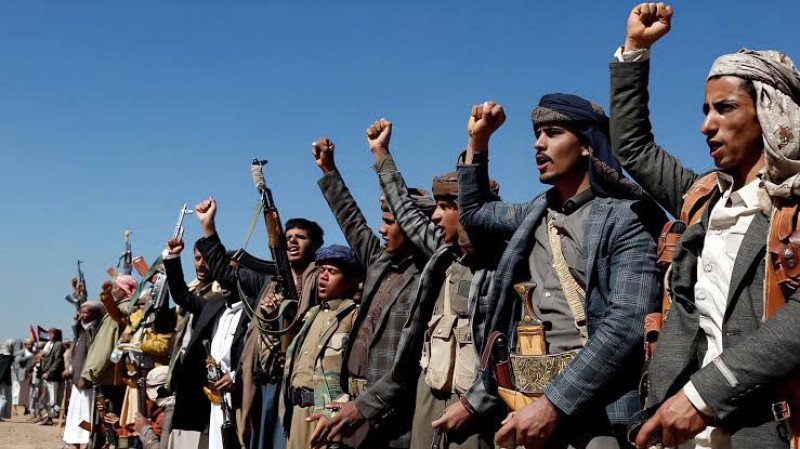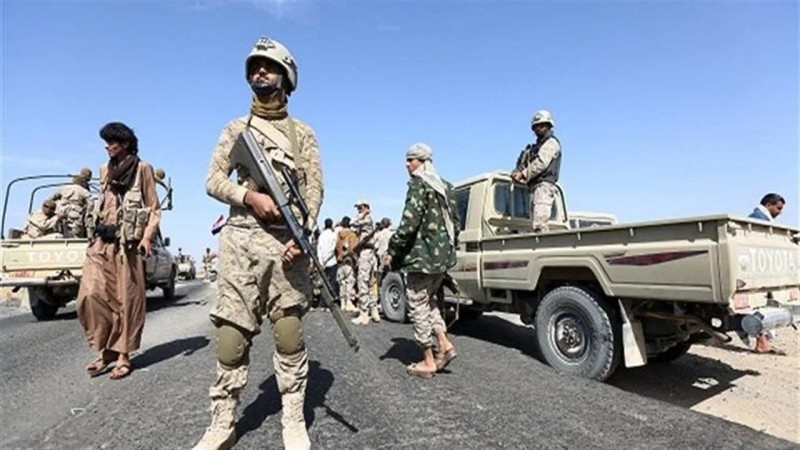UN : 9 years into the conflict in Yemen, millions of children are malnourished and stunted


Nine years into the conflict in Yemen, almost 10 million children remain in urgent need of humanitarian assistance.
While the reduction in active conflict since April 2022 has led to a decrease in civilian casualties and distress across communities, the situation remains fragile without a sustainable political settlement - especially critical at a time when more than half of the population - 18.2 million people, including 9.8 million children – remain in need of lifesaving support.
The fragility is most clearly demonstrated by persistent malnutrition in the country, where more than 2.7 million children are acutely malnourished and 49 per cent of children under the age of five suffer from stunting or chronic malnutrition. This condition hinders children from growing to their full potential with irreversible damage to long-term physical and cognitive development.
“The vicious combination of years of protracted conflict, a shattered economy, and a failed social support system have had a devastating impact on the lives of the most vulnerable children in Yemen,” said UNICEF Executive Director Catherine Russell. “Far too many children continue to be deprived of basic necessities, including proper nutrition, which could threaten generations to come unless urgent action is taken to provide children with the preventive measures and treatment they so desperately need.”
In 2024 UNICEF aims to reach more than 500,000 children with treatment for severe acute malnutrition, a critical measure in contributing to a reduction in under-5 mortality.
Despite the truce-like conditions, intermittent fighting and exchanges of fire continue in many parts of the country with children being the victims of landmines and explosive remnants of war. Since the start of the conflict in 2015, more than 11,500 children have been killed or injured as a result of the conflict, including 3,900 children killed and 7,600 maimed.
“UNICEF and partners will continue our life-saving work in Yemen to help ensure that children who have suffered so much will have brighter days – and futures – ahead,” said Russell. “To do this, we need continued support, commitment and solidarity from our partners and the international community.”
The considerable investment in meeting the humanitarian needs of the population over the past 9 years has helped save, protect and improve the lives of women and children, but it is imperative that this support continues in order to restore and build the resilience of communities, including through improved access to quality basic services.
UNICEF urgently needs US$142 million in 2024 to respond to the humanitarian crisis and continue to deliver humanitarian support, including nutrition, health, water, sanitation and hygiene, education and protection services.

Muscat – The American Center for Justice on Saturday called for urgent UN intervention to compel the Houthi group to change its representativ…

Muscat – A new round of consultations between the Yemeni government delegation and the Houthi group began Friday in Muscat, Oman, focusing on…

Abyan — The Southern Armed Forces announced Saturday the launch of a new military campaign named “Operation Decisive Resolve,” as…